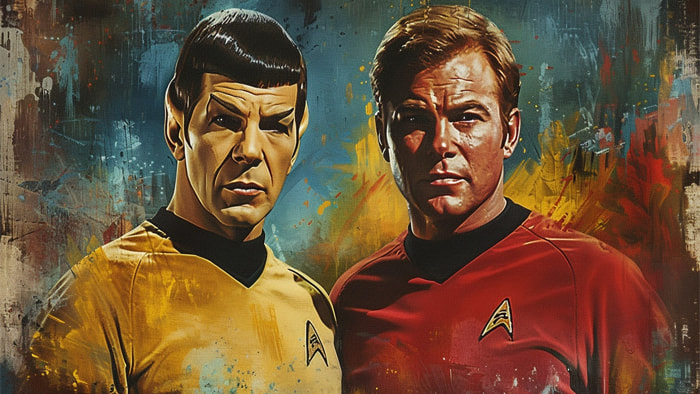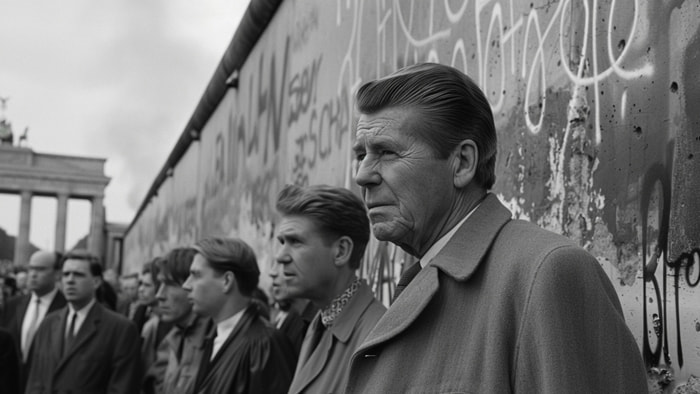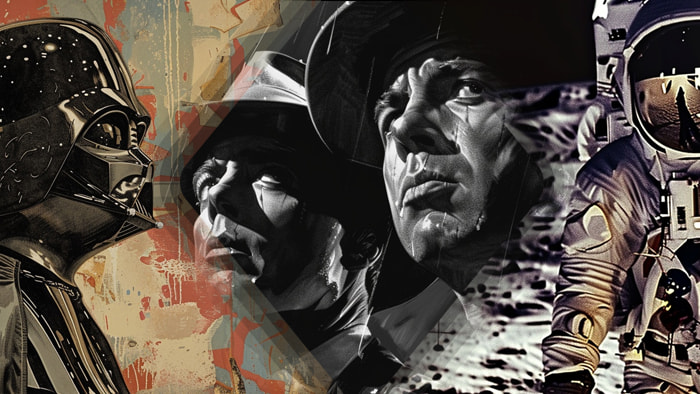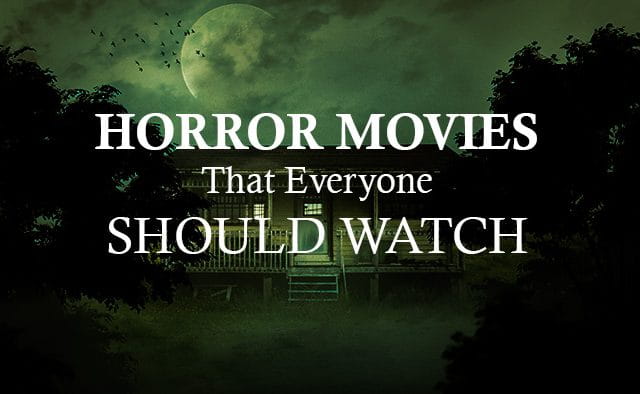We’ve all been there – quoting something iconic only to find out we’ve been saying it wrong all along. Misquotes are everywhere, from the silver screen to historical speeches, and they have a way of embedding themselves into our cultural consciousness. But what makes them so persistent? Sometimes, it’s the allure of a more dramatic phrase, or it’s simply because the incorrect version sounds better rolling off the tongue. Whatever the reason, these famous misquotes have stood the test of time – check them out with us.
1. “Elementary, my dear Watson.”

This line is often attributed to Sherlock Holmes, the brilliant detective created by Sir Arthur Conan Doyle. However, Holmes never actually utters this phrase in any of the original stories. The closest he comes is in “The Adventure of the Crooked Man,” where he says “Elementary” and then separately, “my dear Watson”, but never together.
The phrase “Elementary, my dear Watson” became popular through various adaptations and parodies of the Holmes stories, cementing its place in popular culture. It perfectly captures the essence of Holmes’ deductive prowess and his patient explanations to his friend, Dr. Watson, even if it’s a line that belongs more to the world of Hollywood than to Victorian London.
2. “Let them eat cake.”

Marie Antoinette is famously associated with the phrase, “Let them eat cake,” supposedly showing her disregard for the plight of the French peasants. However, there’s no evidence she said this. The phrase comes from Jean-Jacques Rousseau’s “Confessions”, written when Marie was just a child, and was likely used to highlight the disconnect between the rich and the poor.
Historians believe that attributing the quote to Marie Antoinette was a way to illustrate her perceived extravagance and indifference. It’s a prime example of how powerful narratives can shape public perception, whether or not they are rooted in fact. This enduring misquote has forever tarnished the queen’s image despite its dubious origins.
3. “Beam me up, Scotty.”

This catchphrase, symbolic of “Star Trek,” is often associated with Captain Kirk’s orders to be transported back to the Starship Enterprise. Yet, nowhere in the original “Star Trek” series does Captain Kirk say, “Beam me up, Scotty.” The closest variations are scattered throughout the series, but the exact phrase never made it into an episode.
The misquote became a cultural shorthand for the teleportation technology featured in the show, likely due to its simplicity and catchiness. Over time, it has become synonymous with “Star Trek” lore, demonstrating how fan culture and popular media can blend to create enduring, albeit incorrect, phrases that become part of everyday language.
4. “Luke, I am your father.”

Perhaps one of the most famous misquotes in film history, “Luke, I am your father”, is often believed to be the climactic revelation from Darth Vader in “Star Wars: Episode V – The Empire Strikes Back.” However, the actual line is “No, I am your father”. This small but significant difference has been lost on many fans.
The misquote likely persists because it clarifies the speaker and the relationship in a memorable way. It’s also frequently used in parodies and references, further cementing the incorrect version in popular culture. This iconic moment remains one of the most misquoted lines in cinema, showcasing how easily dialogue can be reshaped by collective memory.
5. “Play it again, Sam.”

Fans of the classic film “Casablanca” often remember Humphrey Bogart’s character, Rick Blaine, saying, “Play it again, Sam”. In reality, what Rick actually says is, “You played it for her, you can play it for me. If she can stand it, I can! Play it!”. The misquote has nonetheless become an iconic phrase in film history.
This simplified version has been propagated through various references and homages, embedding itself in the public’s memory as the definitive line from the movie. It’s a testament to how the collective cultural memory can morph and simplify dialogue into something that’s easier to recall and quote, even if it’s not accurate.
6. “I disapprove of what you say, but I will defend to the death your right to say it.”

This quote is frequently attributed to Voltaire, the French Enlightenment writer and philosopher, but he never actually said it. The phrase was coined by Evelyn Beatrice Hall in her biography of Voltaire to summarize his beliefs on freedom of speech. It captures the essence of his ideas, even if it isn’t a direct quotation.
Over time, this phrase has been mistakenly quoted as Voltaire’s own words, reflecting the widespread acceptance of Hall’s paraphrasing. It serves as a powerful reminder of the value placed on free speech and has become a rallying cry for many, despite its true origin being from a biographer rather than Voltaire himself.
7. “Money is the root of all evil.”

The saying “Money is the root of all evil” is a common misquote of a Bible verse. The actual verse from 1 Timothy 6:10 states, “For the love of money is the root of all kinds of evil”. The misquote simplifies the message, removing the critical context about the love of money being the issue rather than money itself.
This alteration shifts the focus from human behavior and attitudes towards wealth to money itself, thus distorting the original intent. It’s a prime example of how a small change in wording can significantly alter the meaning of a statement, affecting how it’s interpreted and remembered by society.
8. “If you build it, they will come.”

In the film “Field of Dreams,” the line often quoted is, “If you build it, they will come”. The actual line spoken is, “If you build it, he will come”, referring to the character’s father. This misquote changes the singular focus of the original line, broadening its implication and appeal.
The misquote has been embraced as a metaphor for visionary thinking and the idea that effort will attract success. It’s become part of motivational lexicon, demonstrating how a slight tweak can enhance a phrase’s inspirational impact, even if it means losing the original context of the story.
9. “The ends justify the means.”

This phrase is often attributed to Niccolò Machiavelli, encapsulating his purportedly ruthless political philosophy. However, Machiavelli never explicitly wrote these words in “The Prince”. The idea that results can justify the actions taken to achieve them is a simplified interpretation of his complex and often misunderstood political theories.
Machiavelli’s actual writings are more nuanced, discussing the importance of pragmatism and effectiveness in governance. The misquote oversimplifies his philosophy, transforming it into a catchphrase that paints a one-dimensional picture of his thoughts on power and morality.
10. “I cannot tell a lie.”

George Washington is often remembered for supposedly confessing, “I cannot tell a lie,” when asked if he chopped down a cherry tree. This story, popularized by biographer Parson Weems, is likely apocryphal. It was intended to illustrate Washington’s honesty, even though there’s no historical evidence he ever uttered these words.
The tale has endured as a moral anecdote, reflecting the ideal of presidential honesty. It exemplifies how legends can form around historical figures, perpetuating quotes and stories that resonate with cultural values, regardless of their factual accuracy.
11. “That’s one small step for man, one giant leap for mankind.”

Neil Armstrong’s famous words during the Apollo 11 moon landing are often misquoted as, “That’s one small step for man, one giant leap for mankind.” Armstrong claimed he actually said, “That’s one small step for a man”, though the “a” was not clearly audible. The slight difference alters the meaning, emphasizing the personal nature of his achievement.
The misquote still captures the monumental significance of the moment but loses the intended nuance. This instance highlights how transmission and recording issues can impact how historical statements are remembered and repeated.
12. “Mr. Gorbachev, tear down this wall!”

Ronald Reagan’s challenge to Mikhail Gorbachev is frequently quoted as, “Mr. Gorbachev, tear down this wall!” The actual quote from his 1987 speech at the Berlin Wall is, “Mr. Gorbachev, open this gate! Mr. Gorbachev, tear down this wall!”. The shortened version is more forceful and memorable, contributing to its widespread usage.
This rhetorical alteration exemplifies how powerful moments in history can be condensed into punchier soundbites, enhancing their emotional and motivational impact. The misquote has come to symbolize Reagan’s firm stance against communism and his role in the eventual fall of the Berlin Wall.
13. “Houston, we have a problem.”

The phrase “Houston, we have a problem” is often associated with the Apollo 13 space mission. However, astronaut Jack Swigert actually said, “Okay, Houston, we’ve had a problem here”, which was later confirmed by Jim Lovell. The past tense was changed to present in popular retellings, giving it a more immediate sense of urgency.
This subtle shift in wording has made the phrase more dramatic and memorable, encapsulating the tension and danger of the mission. The misquote has been immortalized in the 1995 film “Apollo 13”, further embedding it into popular culture as a symbol of crisis and resilience.
Misquotes, whether arising from misheard dialogue, intentional simplifications, or cultural adaptations, have a way of taking on their own life. They become part of our shared cultural fabric, often overshadowing the original statements. As we’ve seen, these famous misquotes, while not accurate, still carry a significant impact, shaping how we remember and interpret history and popular culture. If you’re ready to explore more curiosities, check out our article on the 11 conspiracies that will make you question reality.




